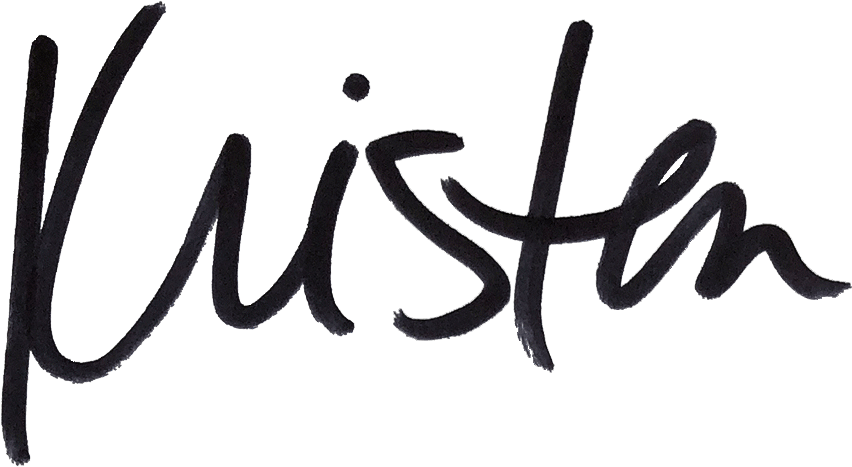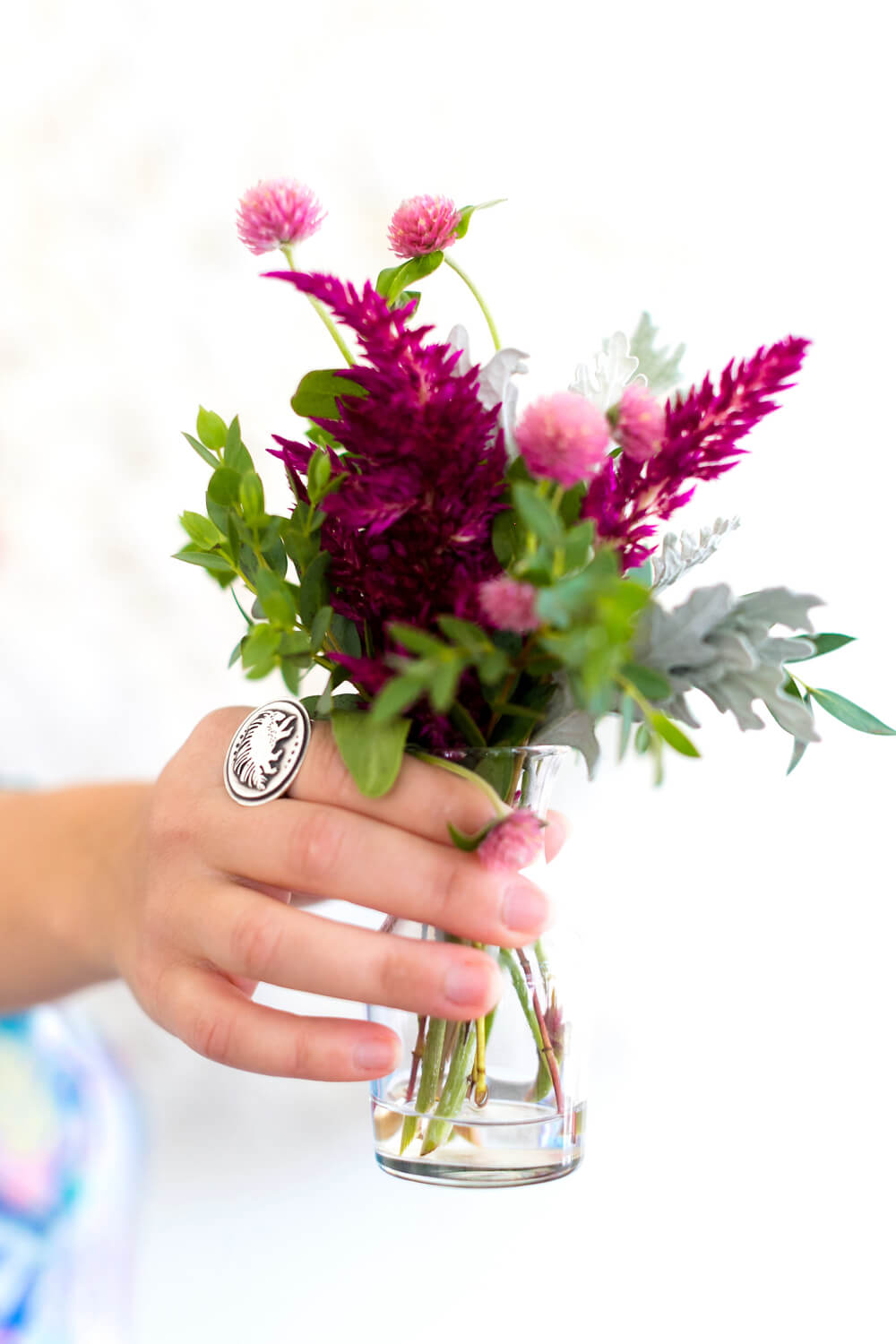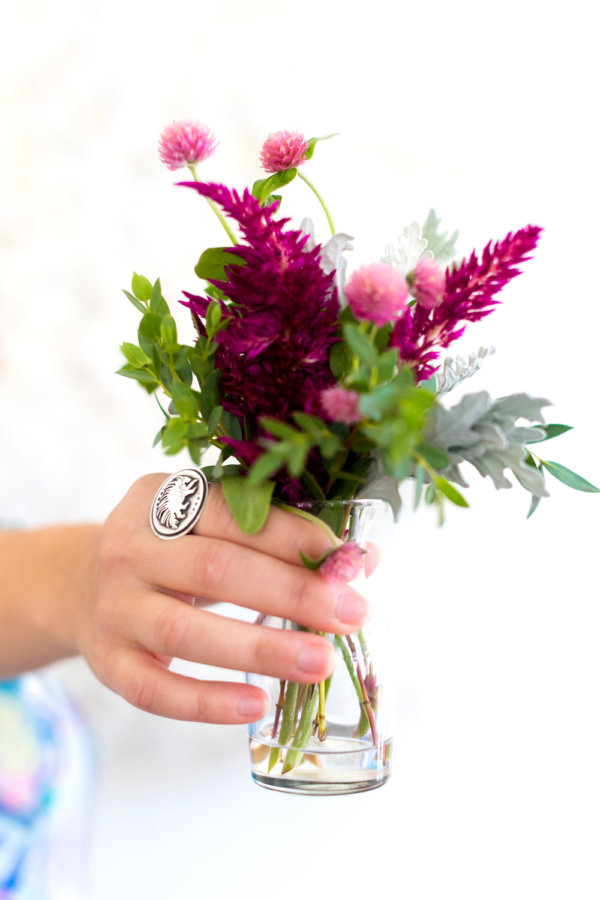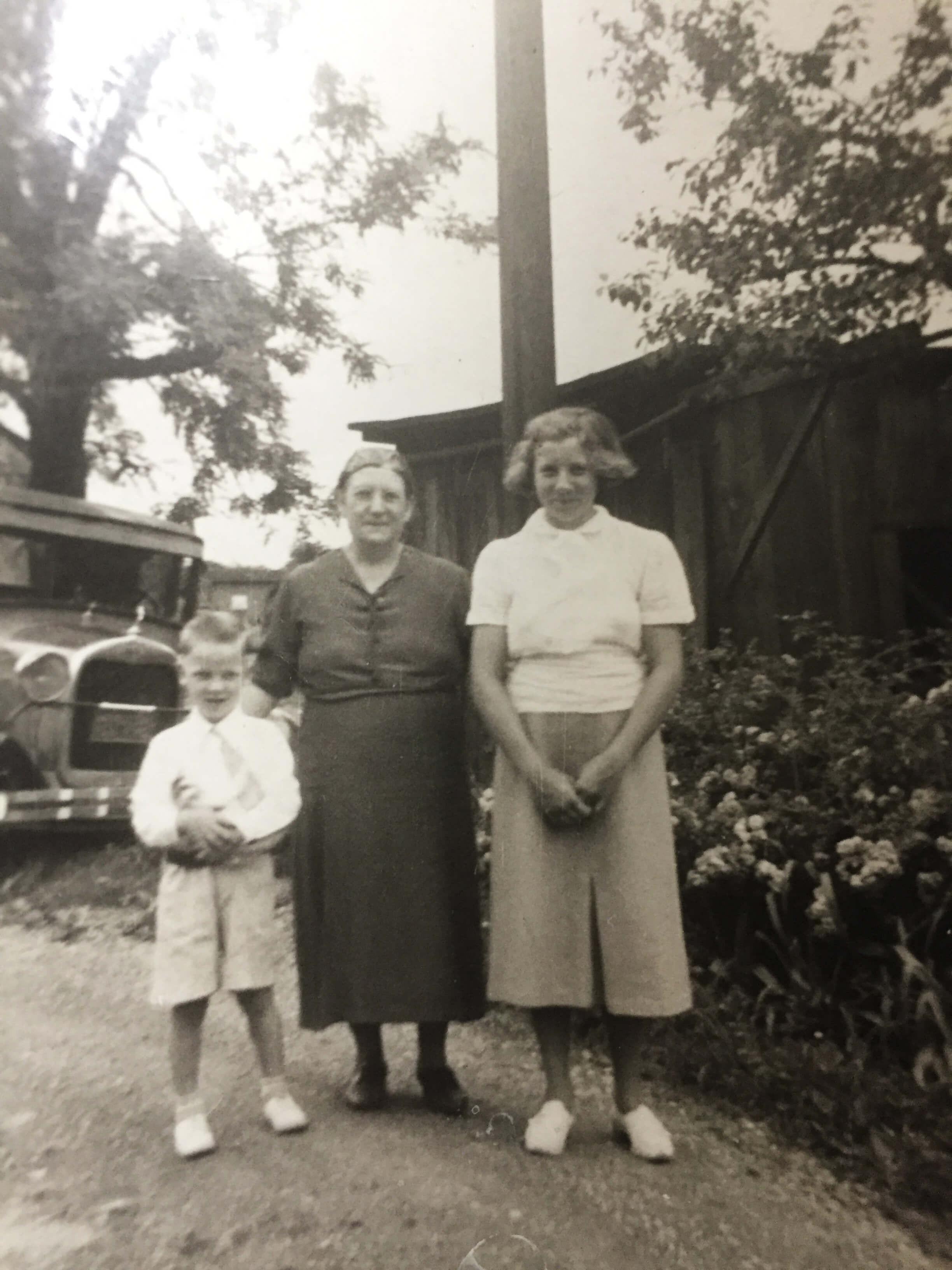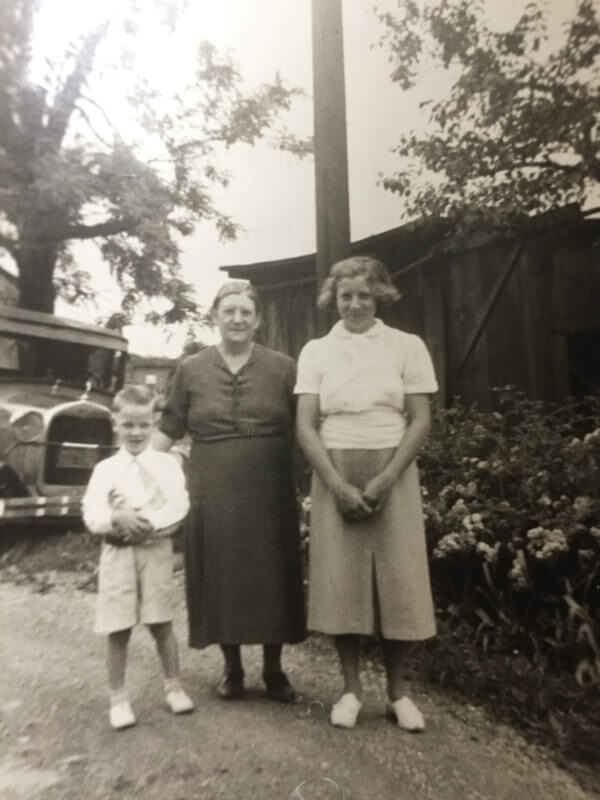Psst! This is an episode of That’s What She Said! You can listen in below, or scroll for the gist.
Have you ever experienced a thing and when it was finally over, you looked back and said, ‘I don’t know how I survived that?’
I first remember feeling that way after taking long math tests in high school. Like, ‘if someone made me do that again right now, I couldn’t.’ Calculus fried my brain and I still haven’t used even one thing I learned in that class, so Mrs. Lesko lied, HARD, about its usefulness.
I also had that ‘couldn’t do it again’ feeling with things like my marriage, and working at the exact wrong school fresh out of college, so the scale of ‘I can’t believe I survived that’ runs the gamut from utterly insignificant math problems to taking up about a decade of my life.
The health phase of ‘I can’t believe I survived that’ is the most recent and surprising.
See, I didn’t know I was sick. I took up depression like a blanket and resigned myself to being cloaked in it, trying my best to enjoy its itchy wool covering as much as possible. I dedicated myself to joy and to survival in equal measure.
I refused to give up and pack it all in, despite suicidal ideations, and then one day I noticed that I’d gained 20 pounds in 6 weeks. Without actually eating any differently than I’d been eating for the years prior. (If you’ve heard this before, bear with me. We’re going somewhere new.)
Maybe something more was wrong. Maybe this mysterious weight gain wasn’t all depression’s fault.
I intuitively felt that my thyroid had shit the bed, so I got a test from EverlyWell — an at-home blood testing kit featured on Shark Tank — and found out that YUP, my thyroid was functioning as well as a 17-year-old car battery in an abandoned vehicle. Which is to say, not well. Mostly dead.
I went to my general practitioner, who said I should go on Synthroid for the rest of my life. No other options. No way to get off the meds. (Also the lifetime cost of meds is around $12,000+.)
That didn’t strike me as a Step One — more like a Step Seventeen or Eighteen after having tried a bunch of other things — so I struck out on my own.
Sparkle (see: sensing the sparkle podcast episode) led me to Dr. Aimee Derbes, who helped me make some fundamental changes to my diet, and who prescribed a series of herbs to help fortify my failing systems while digging into my energy systems and putting big shifts into motion.
I started to nap just a little less.
I was able to do breathwork once a week.
I didn’t weep — actually, literally weep — at the thought of having to leave the house because I was too tired to move.
Thus began a season of tiny, annoying progress.
Because virtual acupuncture isn’t a thing, and I knew I needed that particular healing modality, I went looking for a human to see in person.
Dr. Martin Orimenko used Ayurveda to make food recommendations, acupuncture to spark energy, and supplements to boost the dietary efforts.
I didn’t eat any sugar, dairy, yeast, or gluten for six weeks. No sugar included fruit, except for Granny Smith apples, and it was painfully obvious that I’d been eating less-than-nutritious foods for a long time.
I started to feel my brain working again. I started to have thoughts instead of mushy, cold brain fog. I could retrieve words faster than a few months before.
It was tiny, annoying progress.
I got fruits back, in moderation, and honey if absolutely necessary, and I kept my black coffee the whole time because I told Dr. Martin he could fuck off if he thought I was going to give that up, too. I got supplemental treatments from Philadelphia Community Acupuncture.
It was tiny, annoying progress.
About three months into doing the strict dietary work, Dr. Martin said I had to move my body. I had less energy than a lethargic slug.
Moving my body sounded to me like a person who can’t pay their rent buying $100 lottery tickets each morning. But I did it.
I started going to the gym with Bear. I started kicking my way up and down the pool for twenty minutes at a time. I started going to the gym during kids’ swim lesson times so I could pick up tips and generally feel like a better swimmer than 3-year-olds.
It was tiny, annoying progress.
I eventually got swim goggles (a sporting goods purchase! Could it be possible that I have sports GEAR?), which led to my discovery that ACTUALLY I LOVE SWIMMING. The goggles opened up a world I’d literally never seen before, and suddenly I knew where I was going and how to get there because I COULD ACTUALLY SEE WHERE I WAS GOING. I’m still really, really bad at swimming, and most of what I do is improvised movement that in no way resembles any technique taught in school, but I like going.
More tiny, annoying progress.
I went to the gyno for the first time in about a decade — I was feeling better and on a seeing-medical-professionals roll! — and she ordered a round of blood tests. Turns out my thyroid is now functioning normally.
It was big, significant progress.
Those same blood tests revealed that while my thyroid was healed, my body was basically giving iron the finger and refusing to absorb it, no matter how much I gave it. This also contributed to my lethargy and depression. Dr. Martin gave me an iron supplement with some iron absorption magic mixed in.
It was the Plinko chip that led to the big win on The Price is Right: plink plink plink pliiiiiink plink PLINK!
::bells ring, lights flash, Bob Barker goes apeshit, I jump up and down because I just won big::
IT WAS ENORMOUS, VAST PROGRESS.
Tiny, annoying progress is only tiny and annoying until it turns the corner and reveals what it’s been building to the whole time.
Yes, it’s a pain in the ass to write every day, but eventually that turns into a book.
Yes, it’s annoying to give up dairy and sugar and gluten, but eventually that means your brain has quick thoughts, easy word recall, and ideas in abundance. (At least for me, that’s how it works. I have my 18-year-old brain back, and it’s UTTERLY MAGNIFICENT.)
Yes, it’s annoying to go to the doctor, but you just might find that you were fighting depression on three fronts — thyroid, iron, and seasonally — and eliminate two of them altogether.
Whatever you’re doing each day to chip away at a goal or to recover from a difficult situation will be tiny and annoying progress.
It’s still WORTH IT.
Your actions might never reveal themselves in a big way, with a Mighty Plinko Chip of Revelation.
You might be one day sober and then two days sober and then three days sober and then, poof, one month sober.
You might get enough distance from the demon to stare it in the eyes and take it down.
You might make a miraculous recovery that shows itself all at once with an iron supplement, or you might gradually feel like a dimmer switch has gone up on all of your senses.
Either way, I’m here to say: go make tiny, annoying progress.
Make small changes.
Keep going.
…and let me know what comes of your Tiny Annoying Big Vast efforts.
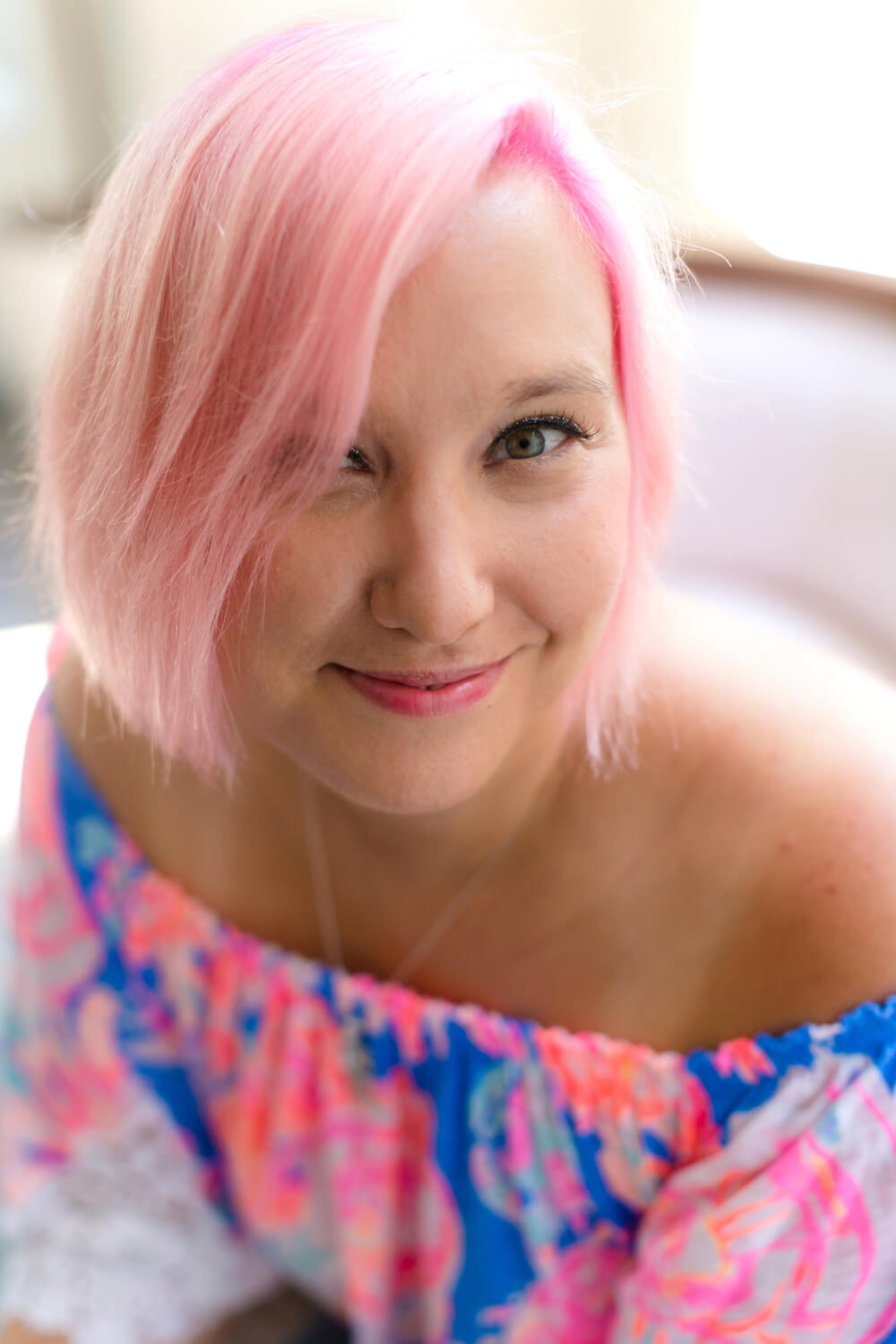
You’ll receive quarterly 1-on-1 calls, quarterly group calls, all my work archives, admission to any live events I create, and a Phone-A-Friend emergency call for my lowest monthly price EVER. Check the whole thing out at kristenkalp.com/tap, or shoot me an email to talk 1-on-1!
